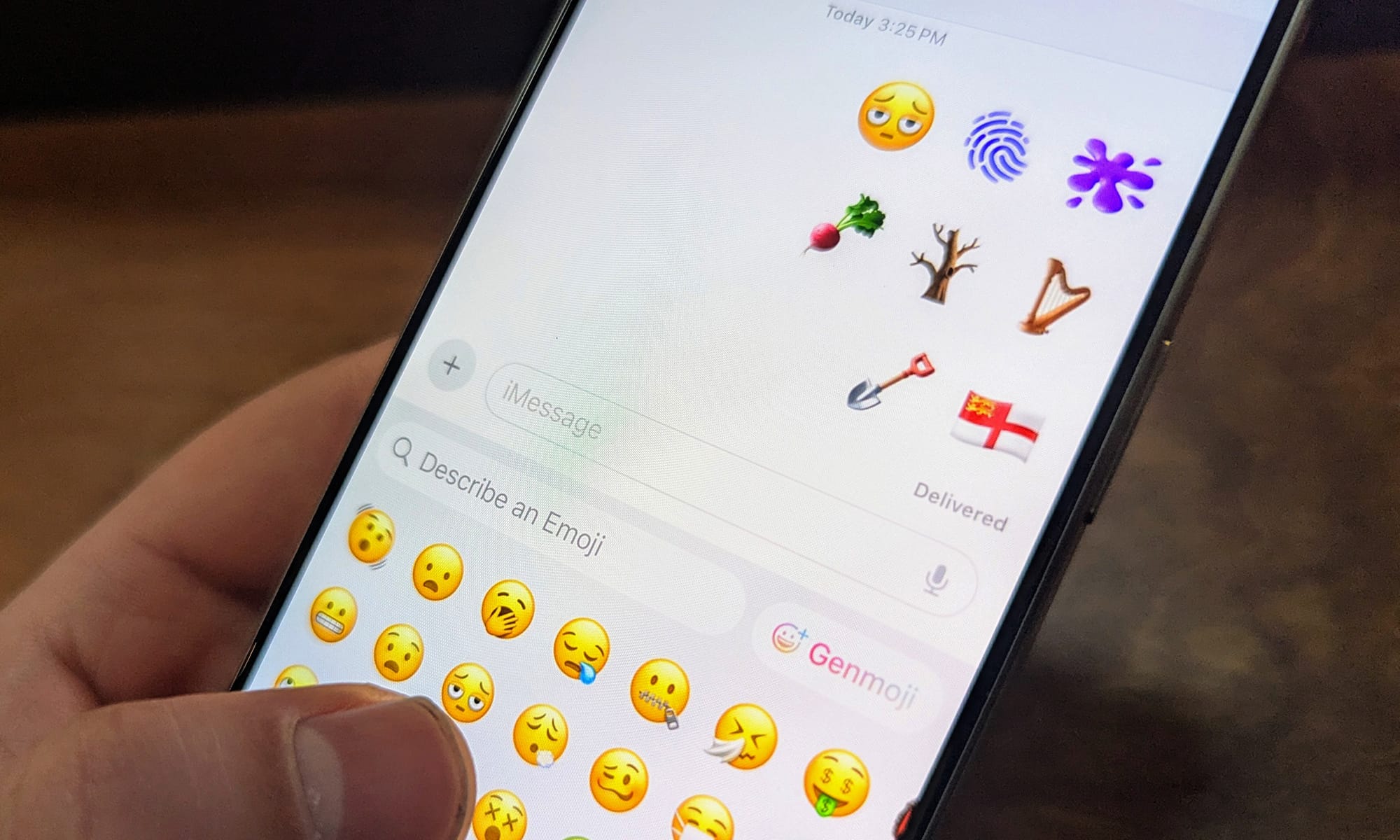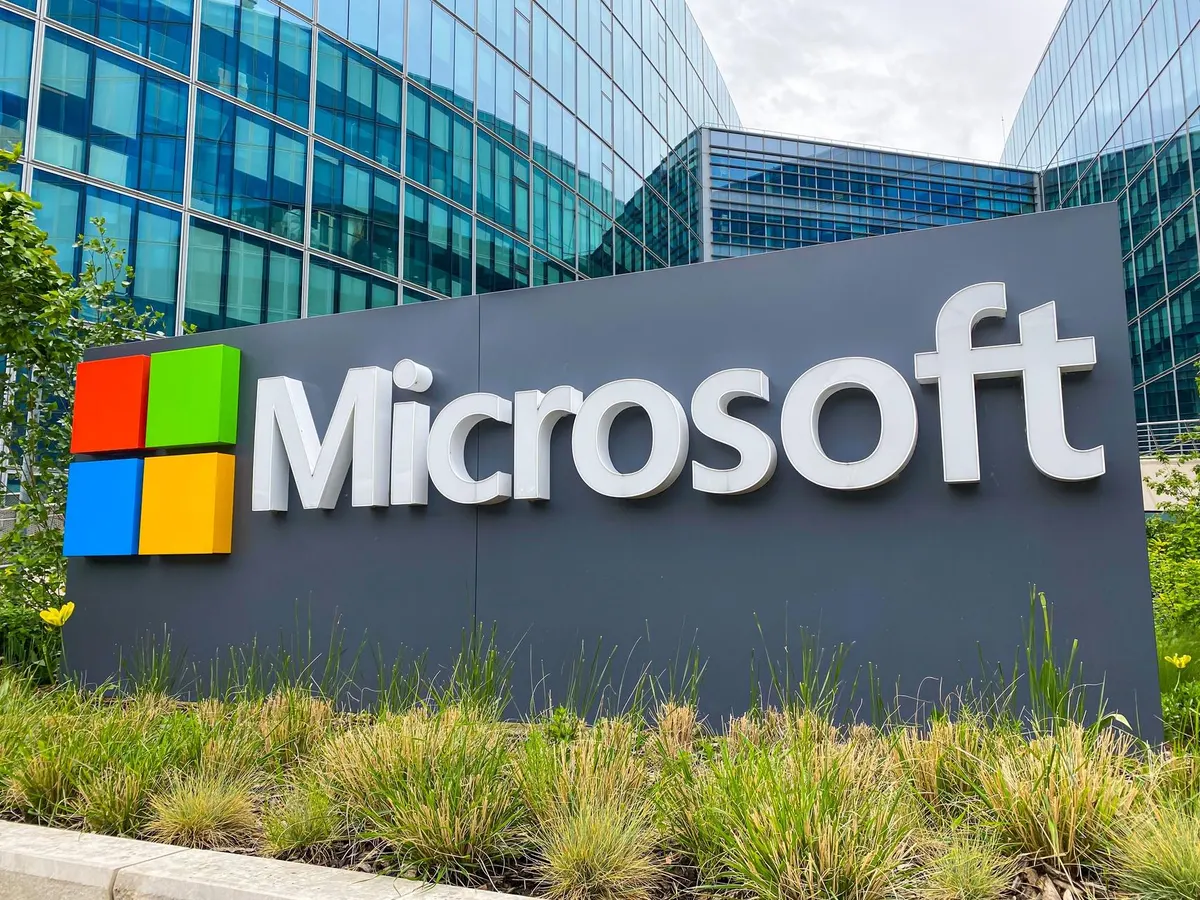Meta’s decision to phase out Oculus accounts in favor of Meta accounts marks a significant shift in its virtual reality (VR) strategy. This move, aimed at streamlining user experience and integrating VR platforms more closely with Meta’s ecosystem, has implications for Oculus users, particularly in terms of account management and data retention.
Key Highlights:
- Oculus accounts are being transitioned to Meta accounts.
- Users need to migrate to Meta accounts to retain access to their VR content.
- The deadline for migration emphasizes Meta’s push for a unified account system.
Understanding the Shift to Meta Accounts
In a significant update to its virtual reality platform, Meta introduced Meta accounts as a new way for users to access their VR devices without the need for a Facebook account. This change, rolled out in August 2022, signifies Meta’s commitment to providing a more inclusive and flexible approach to account management in the VR space. Users previously relying on Oculus accounts were required to switch to Meta accounts by January 1, 2023, to continue using their VR devices seamlessly.
Setting Up a Meta Account
For new and existing VR users, setting up a Meta account is straightforward. Users have the option to create their Meta account using an email address, Instagram account, or Facebook account. This flexibility aims to accommodate users’ preferences and ease the transition from Oculus to Meta accounts. The setup process involves following on-screen instructions either through the Meta Quest mobile app or by visiting the designated website for account setup.
The Migration Process
The migration from Oculus accounts to Meta accounts involves a straightforward process where users are guided to create a Meta account and a Meta Horizon profile. This transition not only allows users to manage their VR content under one umbrella but also offers enhanced privacy options and social features within the VR environment. Meta accounts are designed to be separate from social media profiles, focusing on providing a dedicated VR experience.
Impact on Oculus Users
The transition has raised concerns among Oculus users, especially regarding data retention and access to previously purchased VR content. While the migration process aims to ensure a smooth transfer of content and profiles, users have reported initial confusion and technical issues, such as inaccessible migration paths and concerns over losing access to their VR libraries. However, successful migrations have shown that it is possible to retain one’s VR content and achievements within the new Meta account framework.
Community Feedback and Support
The VR community has actively discussed the migration, sharing experiences and seeking advice on forums and social media. Meta has provided resources and support to address users’ concerns, emphasizing the importance of completing the migration process to avoid disruptions in VR experience and content access. Community feedback has highlighted the need for clear communication and support as users navigate these changes.
Meta’s shift from Oculus to Meta accounts represents a pivotal moment in the evolution of VR account management. While the transition has presented challenges, it also opens up new possibilities for a unified and enriched VR experience across Meta’s platforms. As the deadline approaches, users are encouraged to complete their account migrations to ensure continued access to their VR content and participate in the evolving VR ecosystem.
Meta’s decision underlines the importance of adaptability and user engagement in the rapidly evolving VR landscape, highlighting the balance between technological advancement and user-centric design.










